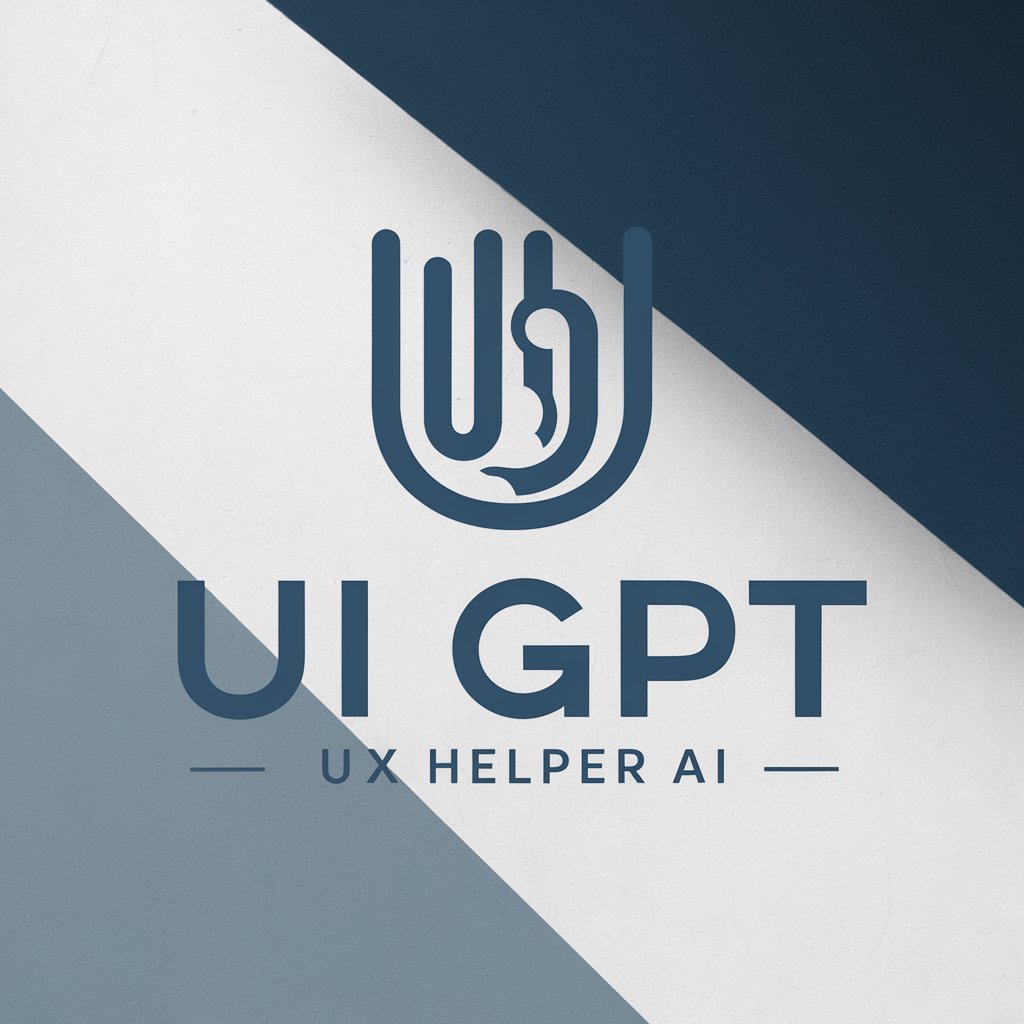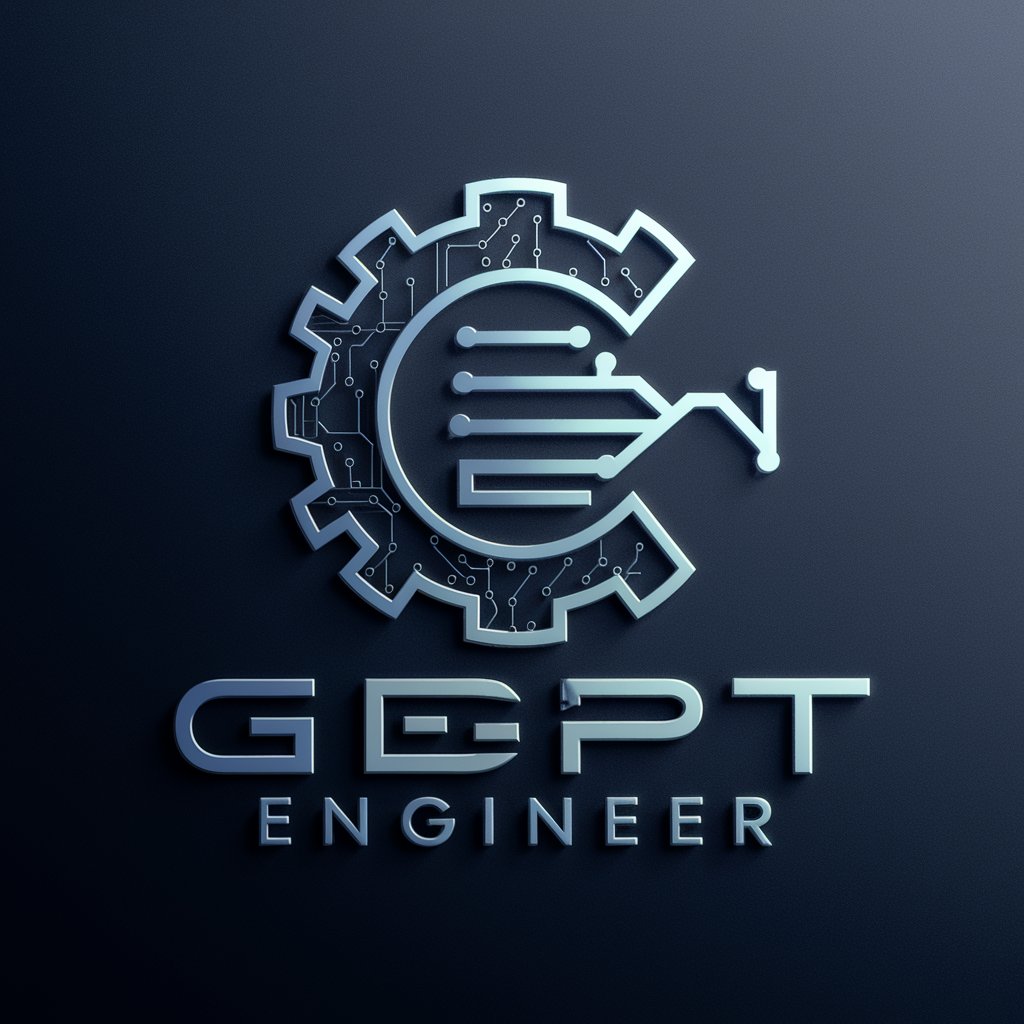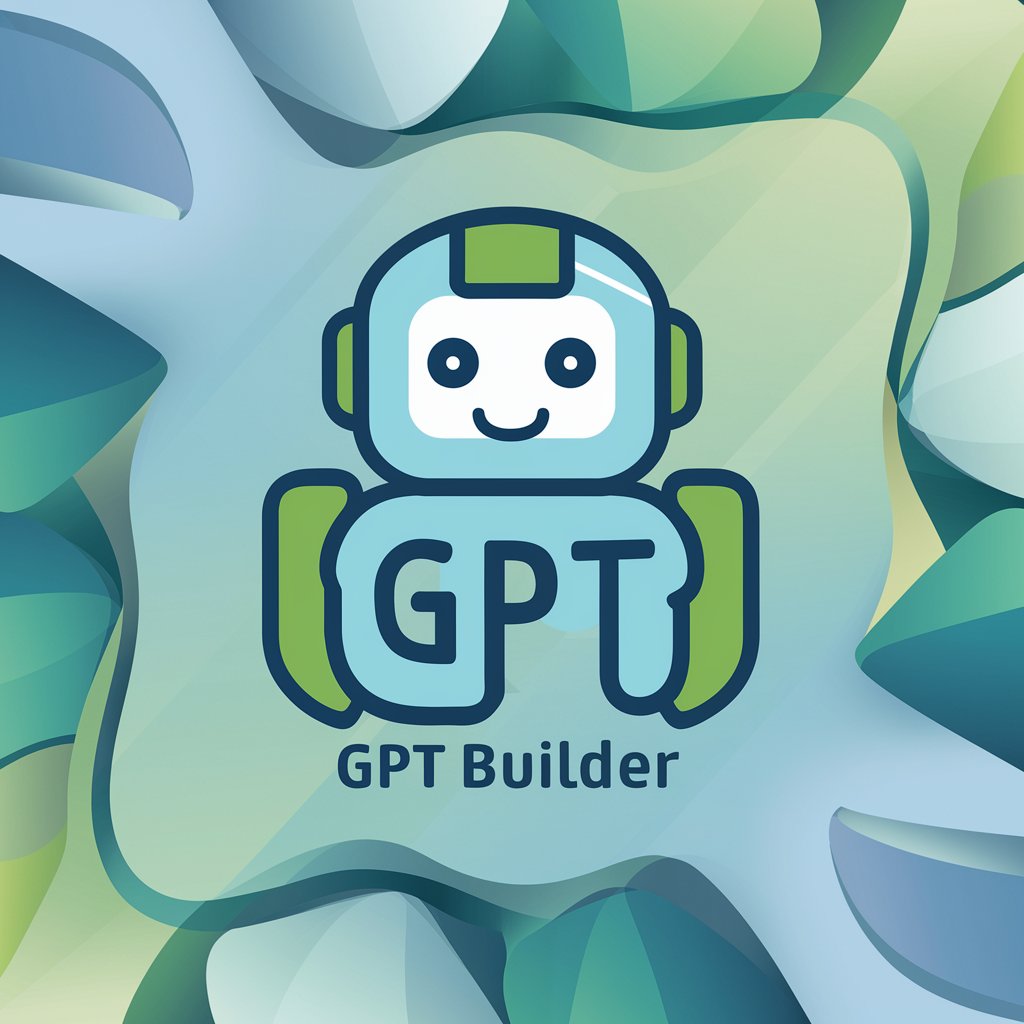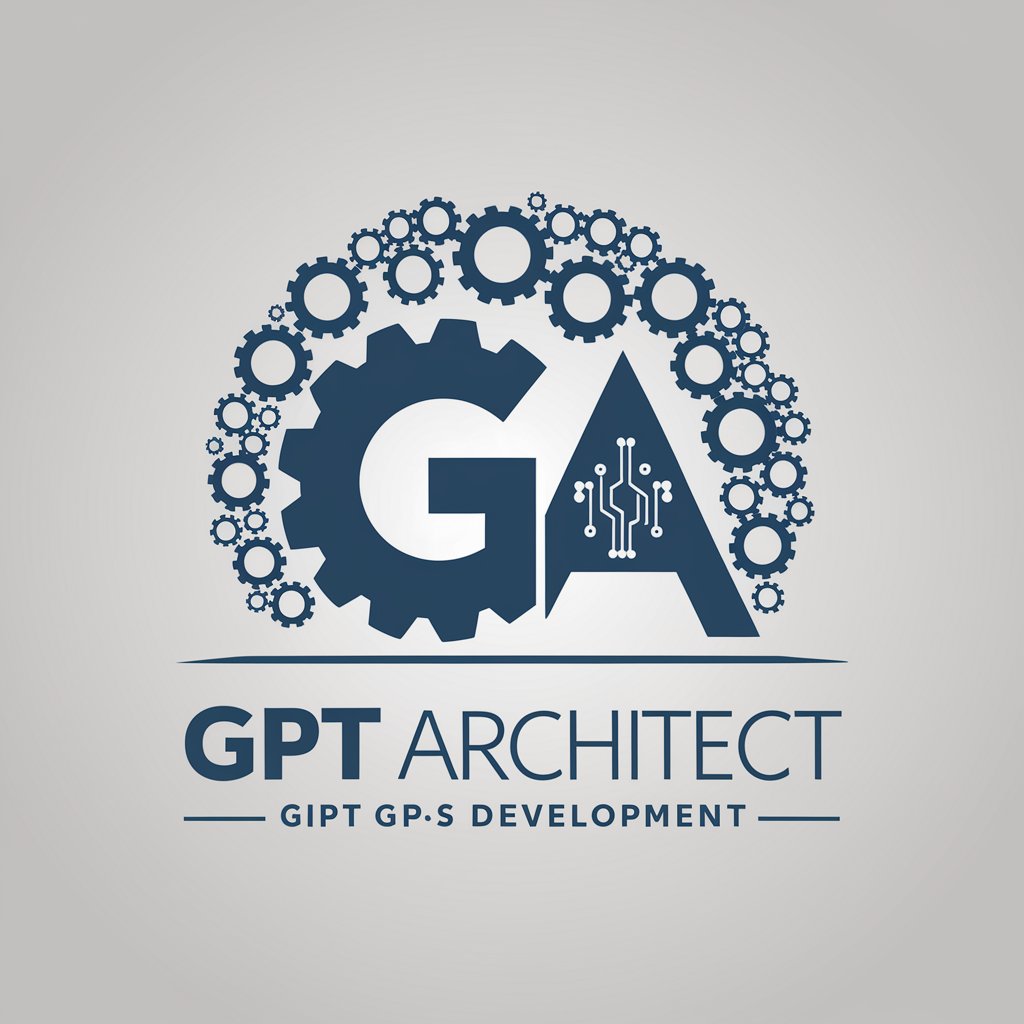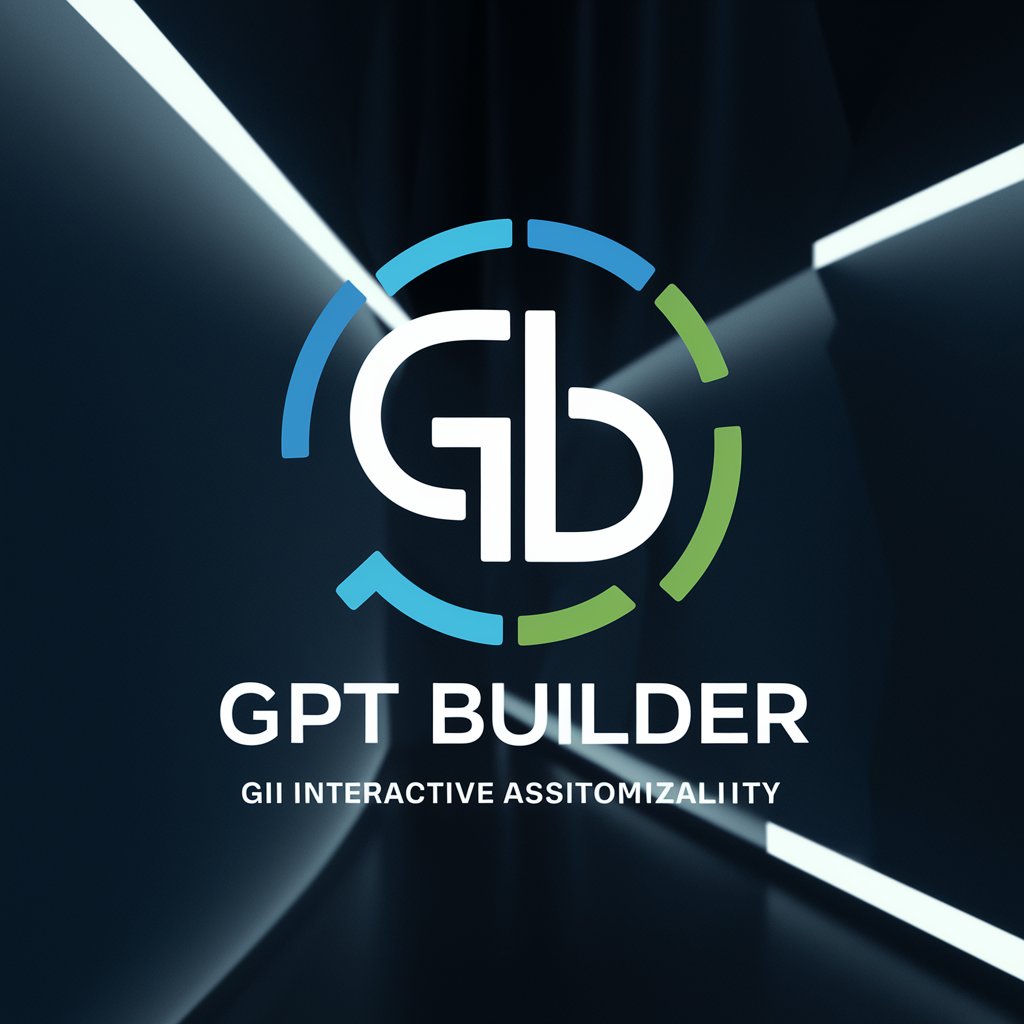
GPT Designer - Tailored GPT Model Design

Hello! How can I assist you in designing your GPT model today?
Crafting AI Solutions, Powered by GPT
Design a custom GPT model that excels in...
Suggest features for an AI that specializes in...
How can I create a GPT that focuses on...
What are the best practices for developing a GPT aimed at...
Get Embed Code
Overview of GPT Designer
GPT Designer is a specialized AI model tailored for assisting in the design and development of new GPT models. Its core function lies in providing expert guidance and suggestions throughout the process of creating customized GPTs. This involves understanding user requirements, suggesting model architectures, advising on training data selection, and optimizing for specific use cases. GPT Designer adapts to user interactions, remembering preferences and past discussions to offer personalized advice. For instance, if a user is designing a GPT for medical diagnosis, GPT Designer would recall their focus on accuracy and regulatory compliance, subsequently tailoring its suggestions accordingly. Powered by ChatGPT-4o。

Key Functions of GPT Designer
Custom Model Design Guidance
Example
Advising on selecting model parameters for a GPT model aimed at language translation.
Scenario
A user is creating a GPT model for translating between English and Japanese. GPT Designer would suggest appropriate model size, training datasets, and specific tuning strategies for handling linguistic nuances and idiomatic expressions.
Training Data Optimization
Example
Recommending diverse datasets for a GPT model focused on generating creative writing.
Scenario
For a user developing a creative writing assistant, GPT Designer would propose datasets including classic literature, contemporary fiction, and diverse narrative styles to ensure the model can generate a wide range of creative content.
Use Case Adaptation
Example
Tailoring a GPT model for customer service automation.
Scenario
If a user wants to create a GPT model for automating customer service, GPT Designer would recommend strategies for integrating domain-specific knowledge, training the model on customer interaction data, and focusing on natural, empathetic dialogue generation.
Target User Groups for GPT Designer
AI Researchers and Developers
Individuals or teams involved in AI research and development would find GPT Designer invaluable for creating specialized GPT models. Its ability to offer tailored advice on model architecture and training data makes it a vital tool for these professionals.
Businesses Implementing AI Solutions
Companies looking to integrate AI into their operations can leverage GPT Designer to develop custom GPT models suited to their specific business needs, whether for enhancing customer service, automating processes, or generating insights from data.
Educational Institutions
Educators and institutions could use GPT Designer to develop educational tools and resources. This could include creating models for tutoring, language learning, or even research assistance, tailored to the educational needs and curriculum.

Guidelines for Using GPT Designer
1
Visit yeschat.ai for a free trial without login, also no need for ChatGPT Plus.
2
Explore the interface to familiarize yourself with the tool’s features, including its customizable settings for GPT model design.
3
Identify your specific use case for GPT Designer, such as academic research, content creation, or programming assistance.
4
Interact with GPT Designer by posing questions or providing scenarios related to your use case for tailored advice and suggestions.
5
Utilize the feedback and guidance provided by GPT Designer to develop or refine your own GPT models, leveraging its adaptive learning capability.
Try other advanced and practical GPTs
Shopi Sage
Empowering Shopify Success with AI

Data-Driven Messaging Campaign Generator
Streamlining Campaigns with AI Precision

Evolutionary Psychologist
Deciphering Human Behavior with AI
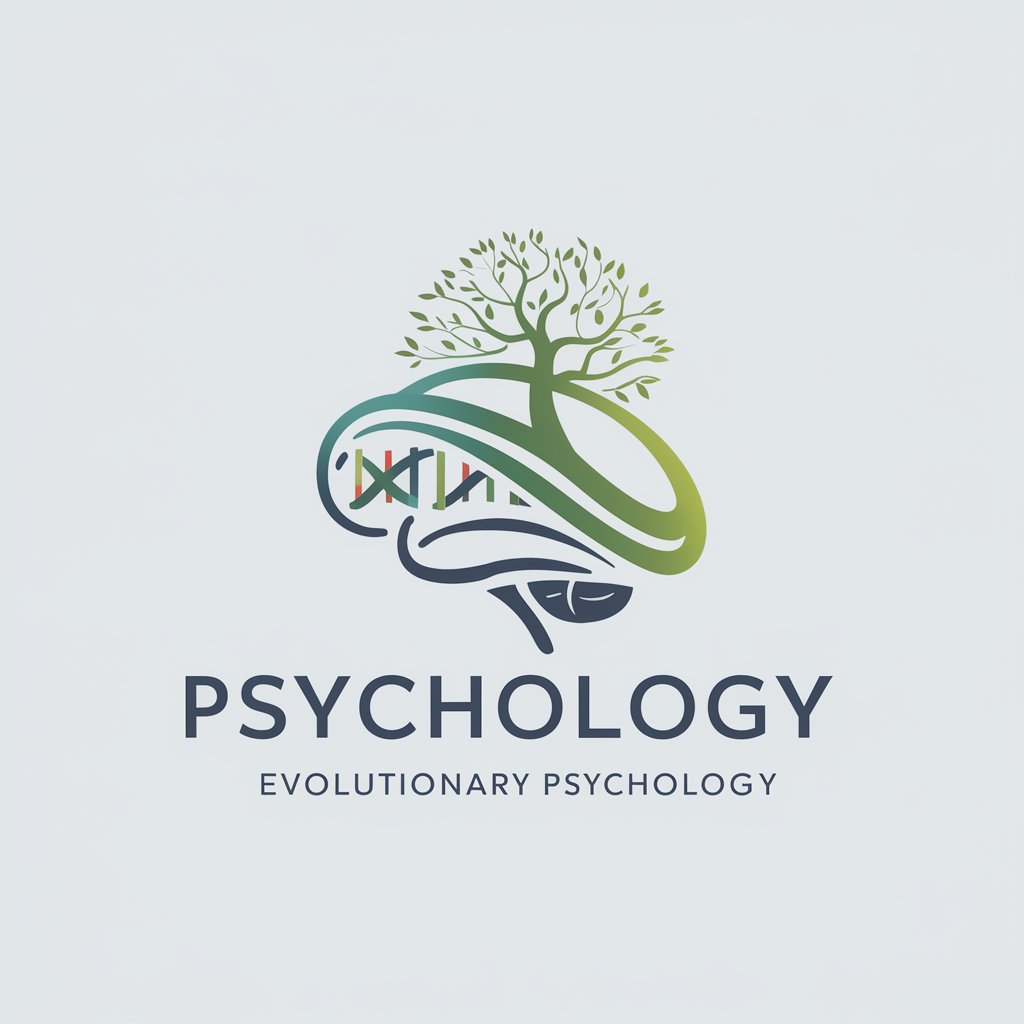
Crime Weaver
Solve mysteries with AI-powered investigations.

Wall Street Lawyer's Assistant
AI-powered Legal Regulatory Assistant

Gift Genius
Discover the perfect gift with AI
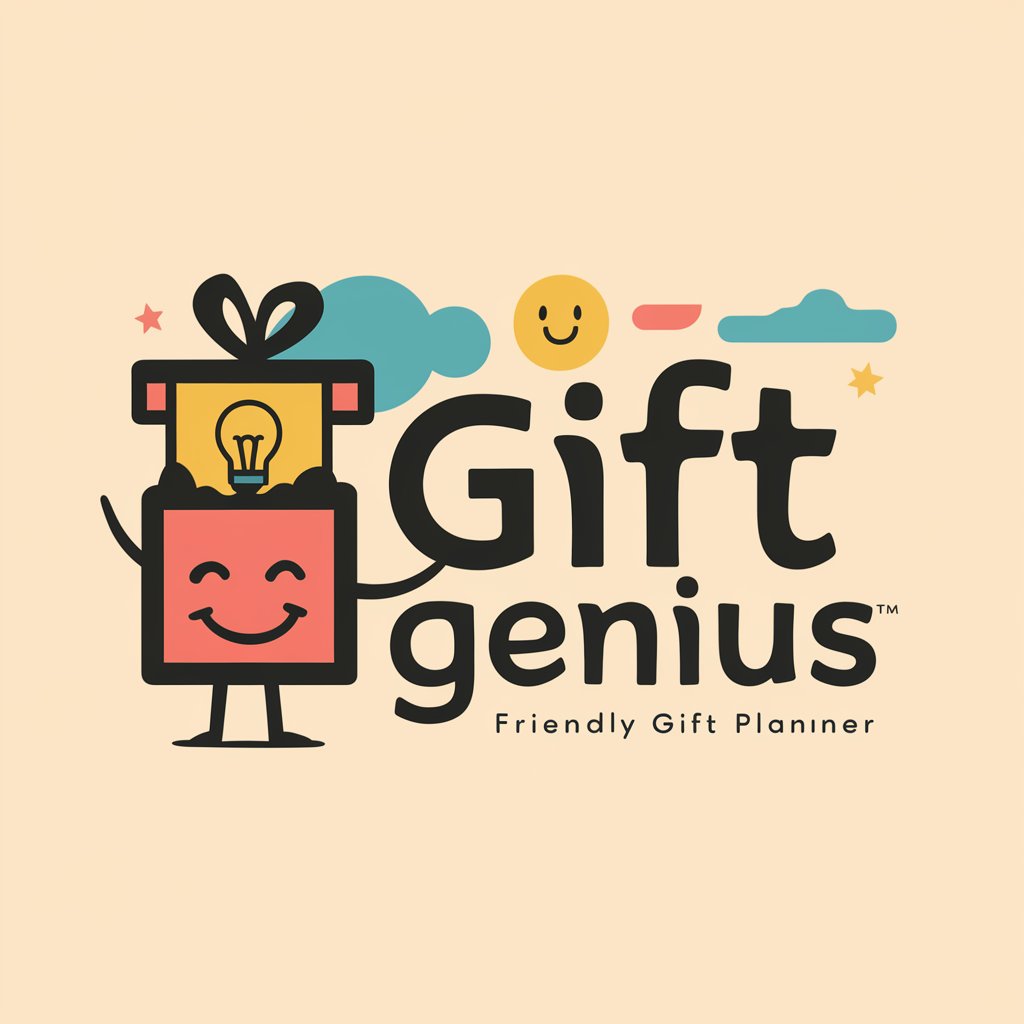
Content Creator Pro
Elevate Your Content with AI Magic

Censorship Tolerant Networking
Empowering free speech with AI

Piano Basics Tutor
Master the keys with AI-driven guidance.
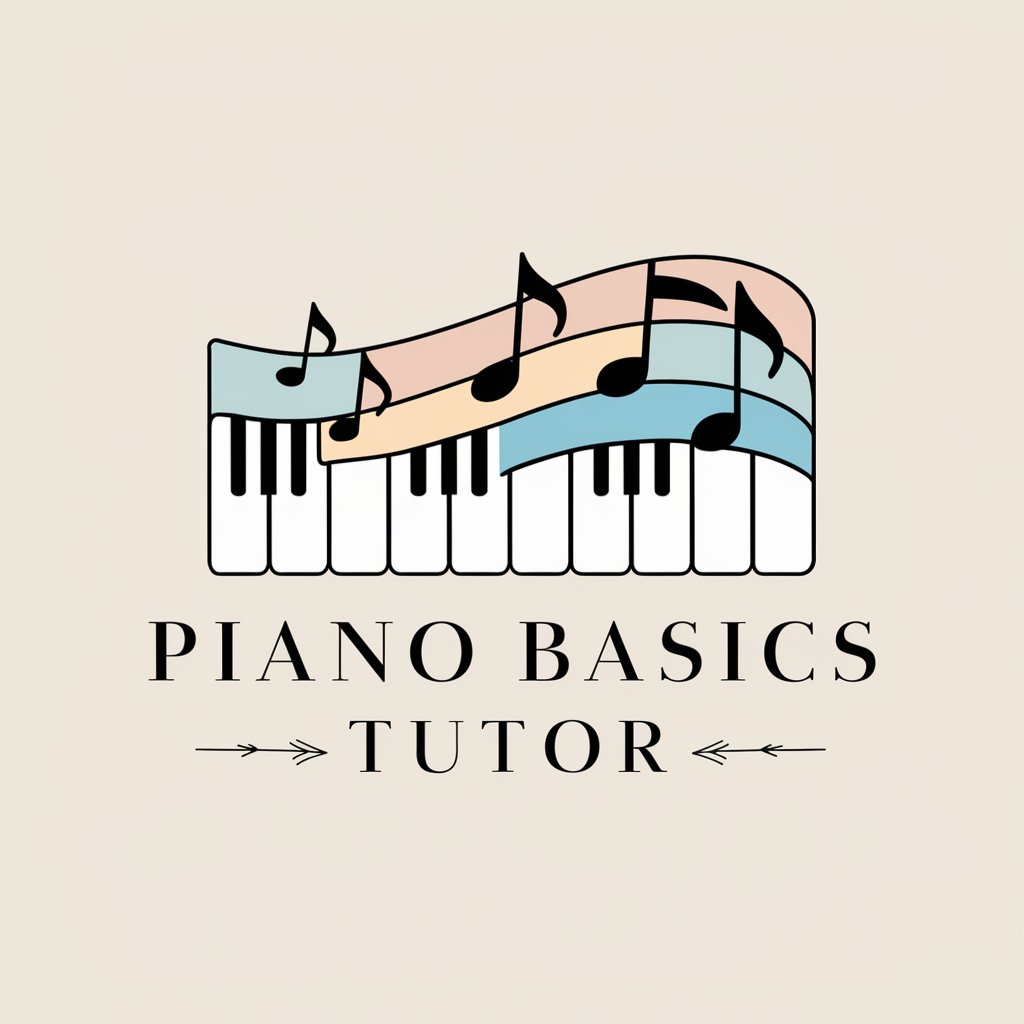
Money Machine
AI-Driven Financial Insights at Your Fingertips

ask_ida/plugins
Empowering Your IDA Experience with AI

Profesor Vial Chile
Navigate Chilean Roads with AI

Frequently Asked Questions about GPT Designer
Can GPT Designer assist in creating models for specific industries?
Yes, GPT Designer can provide tailored advice for creating GPT models suited to various industries, such as healthcare, finance, or education.
Is technical expertise required to use GPT Designer effectively?
While some technical background is helpful, GPT Designer is designed to be accessible to users with varying levels of expertise, offering guidance that adjusts to the user’s knowledge level.
How does GPT Designer adapt to user interactions?
GPT Designer learns from each interaction, gradually refining its suggestions and advice based on the user's needs and preferences in GPT model design.
Can GPT Designer help with non-English language models?
Yes, GPT Designer can provide guidance for developing GPT models in various languages, although its primary interface and instructions are in English.
Does GPT Designer offer assistance with ethical considerations in model design?
Yes, GPT Designer provides insights on ethical considerations and best practices in GPT model design, ensuring responsible and fair use of AI technologies.
